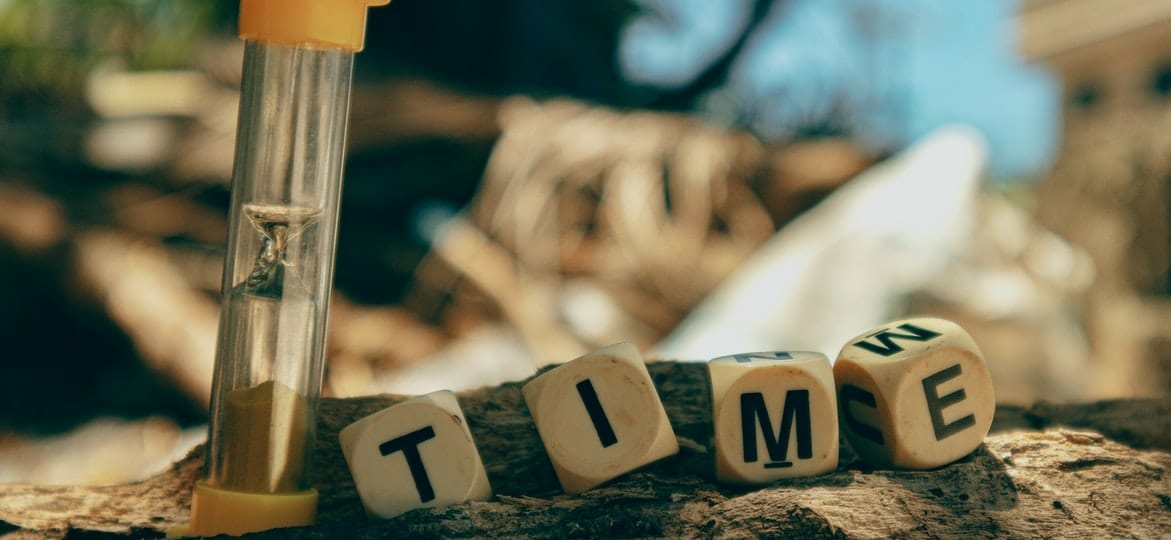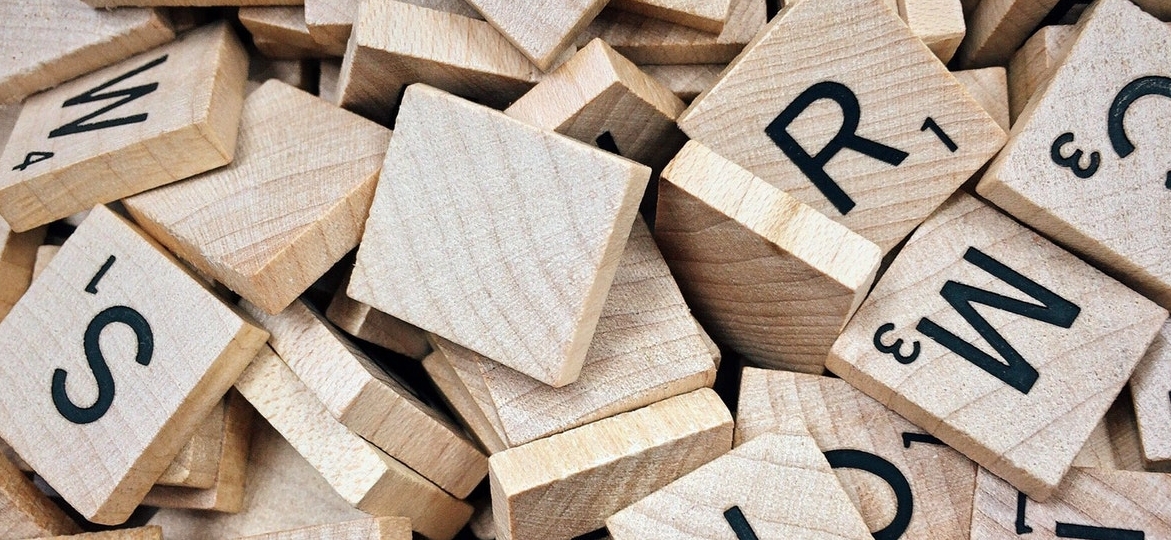When it comes to learning English, using adjectives can be very easy. But what happens when we want to compare something inferior? Superior? Equal to something else? Well the English language has a lot of resources and it will rely on the «superlative» and the «comparative» to explain these concepts. In today’s post, GlobalExam will teach you how to master these two forms in no time.
→ What are comparatives and superlatives adjectives? What are they used for?
→ Irregular comparatives and superlatives.
→ How to learn comparative and superlative adjectives.
→ A few examples and exercises to test yourself.
→ Your ultimate grammar tool: boost your English thanks to our General English program.
No without further ado, let’s get into it!
What are comparative and superlative adjectives? What do we use them for?
1.1 The superlative
We generally use the superlative to say that something is the best or the worst, of the highest or lowest quality in its category. For example, if I am the one who talks way more than my siblings we would say that I am the most talkative.
If my sister is the one who is small, I would say that she is the smallest of my siblings. The use of “the most” before “talkative” or the addition of “-est” right after the adjective “small” is what we call the superlative form. There are two different superlative forms: one used to express superiority and one to express inferiority.
Beware! To use the superlative you have to pay attention to the length of the adjective.
If it’s a long adjective: (e.g. more than two syllables)
→ The most + adj (to express superiority)
The most talkative. The most famous
→ The least + adj (to express inferiority)
The least famous. The least sincere
If it’s a short adjective: (e.g. one or two syllables)
→ add the + “-est” at the end
The smallest. The oldest
Note that the superlative of inferiority doesn’t take into account the length of the adjectives: we would just use “the least” followed by any type of adjective.
1.2 The comparative
We use the comparative to differentiate something from another. Generally, we use it to emphasize if something is more or less of its category as opposed to something else. It bears meaning in its name: we use it to compare. Just like the superlative, you should pay attention to the length of the adjective first:
- If it is short (1 or 2 syllables), you just have to add “-er” at the end of the adjective.
→ I am smaller than my sister.
→ This dress is cheaper.
- If it is long (more than 2 syllables) you will have to add “more” or “less” before the adjective.
→ You are more colourful than me.
→ She is less elegant than you.
We usually use “than” right after the adjective in order to compare the first object with the second. Beware! Bear in mind that a lot of orthographic modifications are to be taken into account when learning these two forms. Keep reading and we will provide a complete list of these exceptions.

Exceptions and modifications to know by heart: a complete list
Learning English wouldn’t be as fun as it is without exceptions. Just like with irregular verbs, some adjectives do not follow the general rules as well. Here are some of the superlative and the comparative forms that you just have to know by heart. But don’t worry, there are only a few.
- Exceptions with the superlative:
Good → Best
Bad → Worst
Far → Furthest
- Exceptions with the comparative:
Good → Better
Well → Better
Bad → Worse
Far → Farther/further
See? Easy!
Now onto the tricky part. Depending on how the adjectives end, there will be some modifications to do in order to spell the adjectives correctly.
Here they are, for both long and short adjectives:
- If the adjective ends with a consonant, then a vowel and another consonant (strictly): you will have to double the final consonant before adding “-est”.
Examples: Big → biggest / thin → thinnest
- If the adjective ends with an “-e”: there is no need to double the e. You just have to add “-st”
Examples: large → largest / nice → nicest
- If the adjective ends with a “-y”: you will have to transform the “-y” into an “-i”.
Examples: funny → funniest / happy → happiest / simple → simplest / Pretty → prettiest
How to learn comparative and superlative adjectives?
There are a few ways to learn these two forms efficiently !
First, remember to go one step at a time. This means that you should not try to learn both forms at the same time. It will just confuse you and you will take way longer than you should to learn them. Instead, try to pick one (maybe one that you feel like you need the most in your learning journey!) and read lessons about it. Write down notes and make sure you have understood every word. If you are not sure about what an adjective really is, pause your lesson and learn this first.Then, try to think of sentences using the form you are learning with words you already know. There often are a few examples in lessons to illustrate so you can have examples before writing your own.
After you have done this, do exercises. You should absolutely do exercises that are different each time. This is easier if you are learning online as the exercises can be adapted to your level as well as come in mini games and a lot of different activities.
Finally, you can pick up some English grammar books in you still have trouble learning these two forms.
Some examples of Superlative and Comparative adjectives
Here you will find 15 examples of superlatives and comparatives along with some sentences with the adjectives in context.
| Adjective | Superlative | Example in a sentence | Comparative | Example in a sentence |
|---|---|---|---|---|
| good | best | My dog is the best dog. | better | My cat is better than yours. |
| beautiful | The most beautiful | My sister is the most beautiful girl of the school | More beautiful | My sister is more beautiful than me |
| tall | Tallest | My mom is the tallest in my family | Taller | My mom is taller than my dad |
| weak | weakest | He is the weakest of his team | Weaker | I am weaker than my brother |
| sincere | The most sincere | You speech was the most sincere | More sincere | You apology was more sincere than your friend’s |
| serious | The most serious | I am the most serious in my class | More serious | Your classmate is more serious than you |
| clever | The most clever | My dog is the most clever of all dogs | More clever | My cat is more clever than yours |
| simple | simplest | This exercise is the simplest | Simpler | This game is simpler than the other one |
| big | biggest | This building is the biggest in town | Bigger | I am bigger than my brother |
| crazy | craziest | I am the craziest of all my friends | Crazier | You are crazier than me |
| passionate | The most passionate | This song was the most passionate of the album | More passionate | He is more passionate about this than you are |
| young | youngest | I am the youngest piano player in my school | younger | I am younger than your sister |
| busy | busiest | This is the busiest street | busier | I am busier today than I was yesterday |
| courageous | The most courageous | She is the most courageous of us all | more courageous | I am more courageous than you. I should go |
| confident | the most confident | I am the most confident in my learnings | more confident | I am more confident in what I’ve learned now |

Some exercises on comparative and superlative adjectives
Now, test yourself. It’s time to check what you have learned today:
1.Are these adjectives a comparative or a superlative?
- Best – The most clever
- Thinnest – Worst
- More passionate – prettier
- Smallest – most beautiful
- Nicer – more colourful
- Farther – Better
2.Put these adjectives in the right form:
- the most bad – Goodest
- the more small – more young
- prettyer – niceer
- beautifulest – most tall
Your ultimate grammar tool: Our General English program
If you want to learn more about different aspects of the English language and other forms like this then you have come to the right place! Our General English program will help you to effectively learn English grammar, will allow you to master the comparative and superlative forms, as well as many other important points of the English grammar in no time. Training with us will allow you to:
- Have access to academic lessons and activities that are as fun as they are engaging.
- In depth corrections that are detailed enough to ensure you understand perfectly and progress safely.
- Revision sheets accessible anytime you want.
Of course, there also is a level assessment before you get started so every course is highly tailored to your level of English. Our General English program is made for beginners as well as intermediate levels. Training with us will allow you to progress in a safe environment where you can gain self confidence and really trust in your learnings. What are you waiting for? Hop on with us and let’s learn English together!



